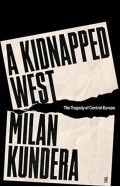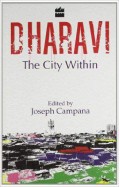The Great Game In West Asia
By: Mehran Kamrava
-
Rs 7,305.75
- Rs 8,595.00
- 15%
You save Rs 1,289.25.
Due to constant currency fluctuation, prices are subject to change with or without notice.
Innovation In IslamTraditions And Contributions
By: Mehran Kamrava
Rs 2,082.50 Rs 2,450.00 Ex Tax :Rs 2,082.50
Zubin Mehta: A Musical Journey (An Authorized Biography)
By: VOID - Bakhtiar K. Dadabhoy
Rs 892.50 Rs 1,050.00 Ex Tax :Rs 892.50
The Origins of Political Order From Prehuman Times to the French RevolutioN
By: Francis Fukuyama
Rs 4,045.50 Rs 4,495.00 Ex Tax :Rs 4,045.50
No similar books from this author available at the moment.
I Overcame My Autism and All I Got Was This Lousy Anxiety Disorder: A Memoir
By: Sarah Kurchak
Rs 4,840.75 Rs 5,695.00 Ex Tax :Rs 4,840.75
The Fourth Man: The Hunt for the KGB’s CIA Mole and Why the US Overlooked Putin
By: Robert Baer
Rs 2,497.50 Rs 4,995.00 Ex Tax :Rs 2,497.50
Skin Disease-Diagnosis & Treatment - (PB)
By: Thomas Gifford
Rs 4,925.75 Rs 5,795.00 Ex Tax :Rs 4,925.75
Snow White with the Red Hair, Vol. 19
By: Sorata Akiduki
Rs 2,205.75 Rs 2,595.00 Ex Tax :Rs 2,205.75
The Insider's View - Memoirs of a Public Servant
By: Javid A. Chowdhury
Rs 2,800.75 Rs 3,295.00 Ex Tax :Rs 2,800.75
A Kidnapped West - The Tragedy of Central Europe
By: Milan Kundera
Rs 2,120.75 Rs 2,495.00 Ex Tax :Rs 2,120.75
Playing Cards - Gift & Creative Paper Book
By: Pepin Van Roojen
Rs 1,196.25 Rs 1,595.00 Ex Tax :Rs 1,196.25
Zubin Mehta: A Musical Journey (An Authorized Biography)
By: VOID - Bakhtiar K. Dadabhoy
Rs 892.50 Rs 1,050.00 Ex Tax :Rs 892.50
Innovation In IslamTraditions And Contributions
By: Mehran Kamrava
Rs 2,082.50 Rs 2,450.00 Ex Tax :Rs 2,082.50












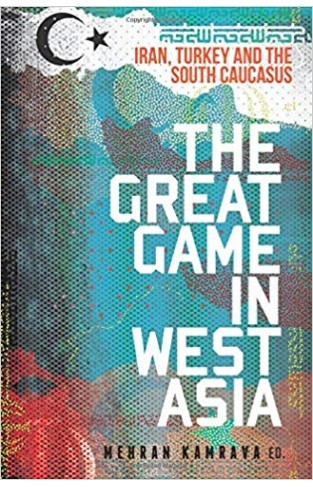
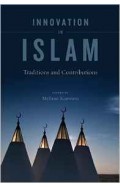
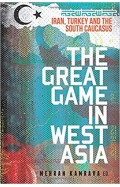
-120x187.jpg?q6)










-120x187.jpg?q6)


-120x187.jpg?q6)

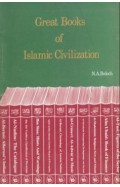







-120x187.jpg?q6)















